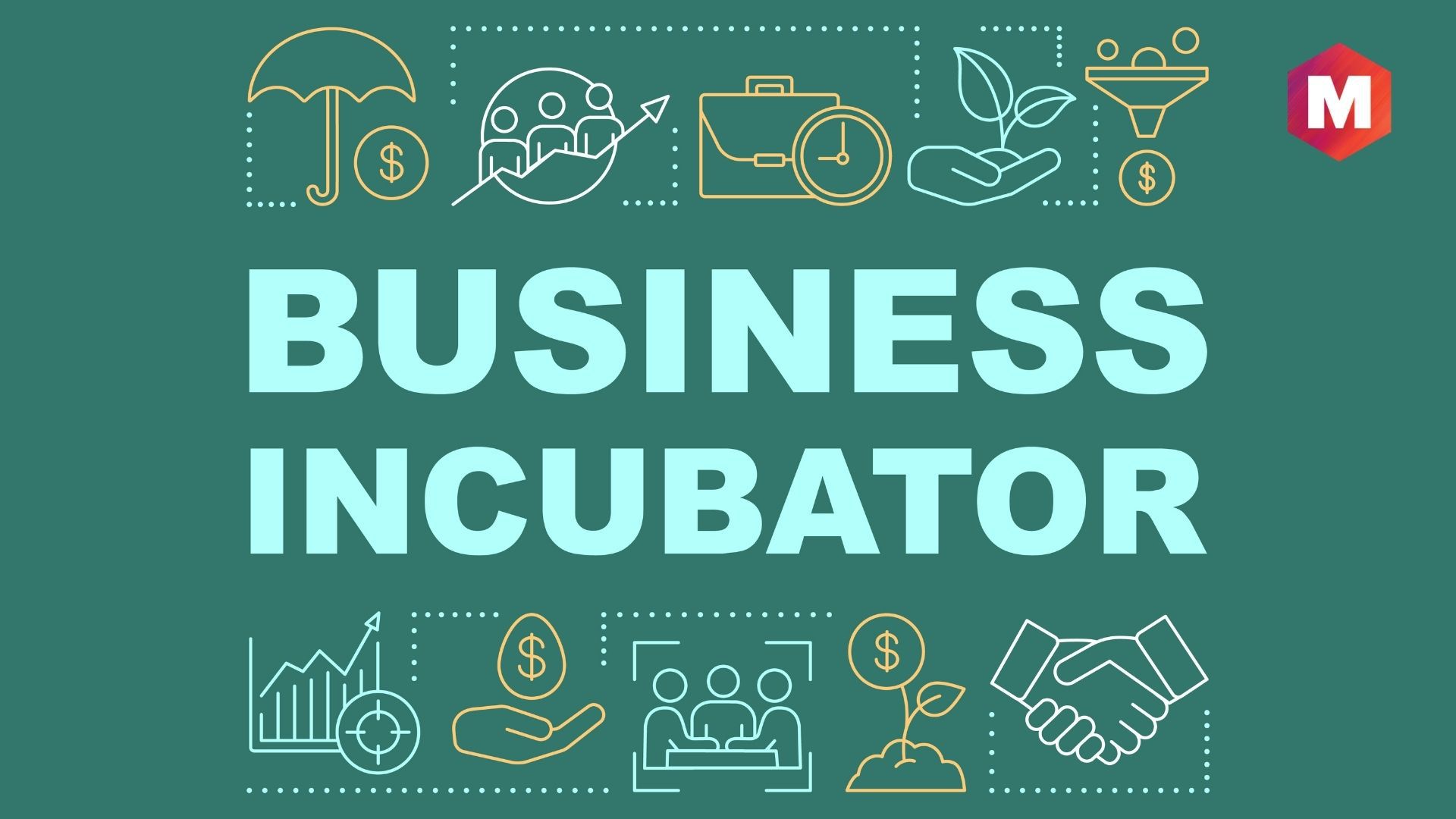In the dynamic landscape of entrepreneurship, the journey from idea to successful business can be both exhilarating and daunting. For aspiring entrepreneurs and early-stage startups, navigating the complexities of launching and scaling a business requires more than just a great idea—it requires support, guidance, and resources. This is where early-stage business incubation comes into play. In this blog post, we’ll explore the concept of early-stage business incubation, its benefits, and how it can empower entrepreneurs to turn their visions into thriving ventures.
Understanding Early-Stage Business Incubation
Early-stage business incubation refers to the process of nurturing and supporting nascent startups and entrepreneurs during the critical stages of business development. Incubators provide a supportive environment, resources, and mentorship to help startups refine their business models, develop their products or services, and navigate the challenges of launching and scaling their ventures. From access to office space and infrastructure to mentorship, networking opportunities, and funding, early-stage business incubation programs offer a comprehensive suite of resources tailored to the unique needs of startups.
The Benefits of Early-Stage Business Incubation
- Access to Resources: One of the primary benefits of early-stage business incubation is access to resources. Incubators provide startups with access to office space, infrastructure, equipment, and other essential resources needed to launch and grow their businesses without the high upfront costs typically associated with setting up a new venture.
- Mentorship and Guidance: Early-stage business incubators offer mentorship and guidance from experienced entrepreneurs, industry experts, and seasoned professionals. Mentors provide invaluable insights, advice, and support to help startups navigate challenges, make informed decisions, and accelerate their growth trajectory.
- Networking Opportunities: Incubators facilitate networking opportunities and connections within the startup ecosystem. Startups have the opportunity to connect with fellow entrepreneurs, investors, advisors, and potential customers, expanding their network and opening doors to new opportunities, partnerships, and collaborations.
- Access to Funding: Many early-stage business incubators offer access to funding through grants, seed funding, or connections to investors. By participating in an incubation program, startups may increase their visibility and attractiveness to investors, enhancing their chances of securing funding to fuel their growth and expansion.
- Validation and Credibility: Joining an early-stage business incubation program can provide startups with validation and credibility. Being accepted into a reputable incubator program signals to investors, customers, and stakeholders that the startup has potential and is worth paying attention to, enhancing its credibility and opening doors to additional opportunities.
How Early-Stage Business Incubation Works
- Application and Selection: Startups apply to join an early-stage business incubation program, typically through a competitive application process. Incubators select promising startups based on criteria such as innovation, market potential, and the strength of the founding team.
- Program Participation: Accepted startups participate in the incubation program, which may range in duration from several months to several years. During this time, startups receive support, resources, and mentorship to develop their businesses and achieve key milestones.
- Mentorship and Support: Startups receive mentorship and support from experienced entrepreneurs, industry experts, and advisors. Mentors provide guidance, feedback, and connections to help startups overcome challenges and accelerate their growth.
- Access to Resources: Startups have access to a range of resources, including office space, infrastructure, equipment, and networking opportunities. Incubators may also offer workshops, training programs, and access to funding to further support startup growth.
- Graduation and Transition: Upon completion of the incubation program, startups “graduate” and transition out of the program. By this time, startups are expected to have achieved significant progress and growth, with the skills, resources, and connections needed to continue scaling their ventures independently.
Conclusion
Early-stage business incubation plays a vital role in nurturing and supporting the next generation of entrepreneurs and startups. By providing access to resources, mentorship, networking opportunities, and funding, incubators empower startups to overcome challenges, accelerate their growth, and turn their visions into successful ventures. Whether you’re an aspiring entrepreneur with a groundbreaking idea or an early-stage startup looking to take your business to the next level, early-stage business incubation offers a valuable pathway to success in the competitive world of entrepreneurship.

